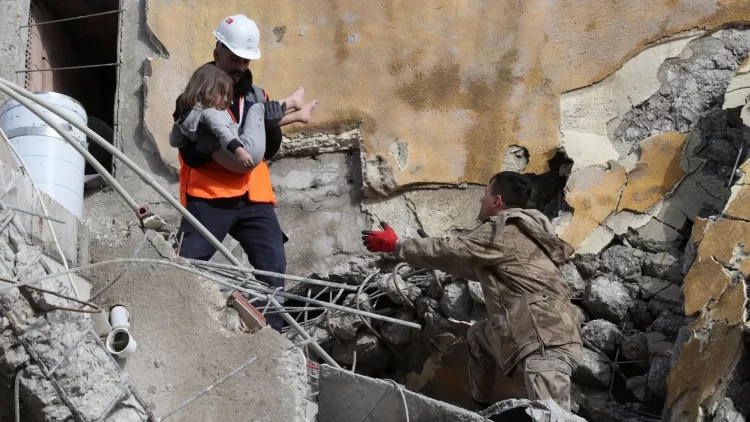Turkish Vice President Fuat Oktay said on Tuesday that the death toll from the earthquakes centered in southeastern Turkey rose to 3,419, bringing the total including those killed in Syria to more than 5,000.
The death toll is almost certain to rise significantly. Almost 50 countries offered to send aid to the region already burdened by a refugee crisis, war and the skyrocketing cost of living.
In Turkey, many survivors sought shelter in cars while others stayed outdoors and lit bonfires to keep warm, reluctant to go indoors because they feared that buildings still standing could collapse any minute.
In Syria, some people scarred by the civil war first thought they were under attack again. Later they realized that it was a natural disaster that had leveled neighborhoods and sent minarets crashing to the ground.
The cold weather, with snow in the forecast, threatened to complicate rescue efforts, which were already hindered by power cuts and blocked roads. More than 16,000 search and rescue personnel have been deployed in Turkey, according to President Recep Tayyip Erdogan, with foreign teams expected to join in.
An unknown number of people remain trapped and efforts to find survivors have been frustrated by frigid conditions. Poor internet connections and damaged roads between some of the worst-hit cities in Turkey’s south, home to millions of people, also hindered rescue teams.
Syria said on Monday that aid sent after the earthquake will reach all its population, even though Damascus does not control all of its territory



